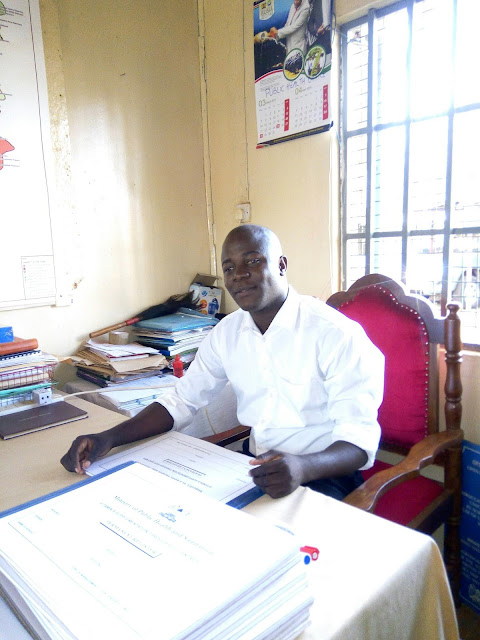Life’s most unwelcome visitor is Mr. Trouble. The mean dude doesn’t seek your permission. He hits at you in the most unexpected moments. He wears various caps like sickness, death, job loss, separation, betrayal, bankruptcy, accident, terror attack, robbery, rape, rejection, exam failure, police brutality and imprisonment among many more. At times with unbearable pains. So painful that we can no longer reason soberly anymore. No wonder some throw in the towel and call it a day.
During that trying season, you sense a cloud of loneliness unequalled in your life history. And you ask yourself, ‘Why me?’. Often than not, we imagine all others are having their fun day. On the contrary, we all go through such seasons, albeit in different measures. The ability of a ball to bounce back depends on the material it’s made of much more than the ground the ball hits.
A glass ball can scarcely survive concrete. The harder the ground, the further up will a rubber ball bounce back. Among humans, many people are utterly crashed by the fall while a few are re-launched by the fall. Depends on the material one is made of. My concern today is your ability to re-launch from ground zero – your lowest point.
It’s human to mourn. It’s in our innate nature to react to pressure. That’s why counsellors offer a shoulder to their clients to weep it away, immediately, at the emotion of the moment. This is because postponing pain doesn’t heal a shadow. It is has been argued in the past that time has a way of healing emotional wounds. Really? Let me warn you, time doesn’t heal any unresolved issues. Postpone pain at your own peril.
There are people who don’t clean up dishes immediately after dining. Time doesn’t make them cleaner. Contrary, the dirt gets drier, sticker and harder to remove. The sooner we clean up the mess, the easier the work.
In plain language, I am saying it’s okey to organize a pity party. Your own way. This could mean talking over it with a confidant to vent your frustrations. Be wary not to overstay in mourning. Consider what you have and not just what you do not have.
For instance, you have lost a relationship BUT you have an income. You haven’t bought your own house BUT you can afford rent. You’ve suffered an accident BUT you have an insurance cover. You are a victim of a physical/terror attack BUT you are still alive. At times we magnify the absence of one item at the expense of the many blessings that we have.
The greatest poverty in life is not lack of money, rather, loneliness. At ground zero, avoid the company of people who take advantage of your vulnerability. Neither be in the company of equally wounded individuals. Misery loves company. There is someone you will share your troubles with and you end up both of you committing suicide. When at the doldrums, don’t look for solace from another patient. Seek counsel from the whole.
Further, realize that life is an unfolding as it was originally designed by the Master Architect. Whether in your favour or not doesn’t change the Master Plan. In your self interest of pursuit of happiness, recognize that life is a journey and you are not the highway builder. The best you can do is to master the circumstances that will continually to unfold. Avoid preconceived notions of how life should unfold – this is the primary sea bed of continuous defeats and perpetual frustrations.
You are best advised to identify lessons learned along your life journey. This will help in tampering your speed in life to avoid future unforeseen potholes. You will know at what speed to take bends. When and where to speed. When and where to slow down. When and where to reflect. The ‘good’ news is that life will faithfully throw ‘stop signs’ to help you reflect on critical lessons along the way.
But do not put too much effort on ‘stop signs’ so as to lose sight of ‘go signs’. Too often, we don’t notice the ‘green lights’ fast enough. Being held back by the forces of gravity (present) or/and the pull of past regrets. The greatest pull must always remain the pull of the future. God is a progressive God. He doesn’t dwell in the past. He dwells outside time and whether we are conscious or not, it certainly is His story that is unfolding.
That’s why we must let go all waters under the bridge. We have no single chance of altering yesterday. What lies ahead of us is much more precious than that which lies behind us. For a seed to bear fruits, of necessity, it must die. Often, isolation precedes greatness. Nothing is more lonely than the buried, dead seed.

